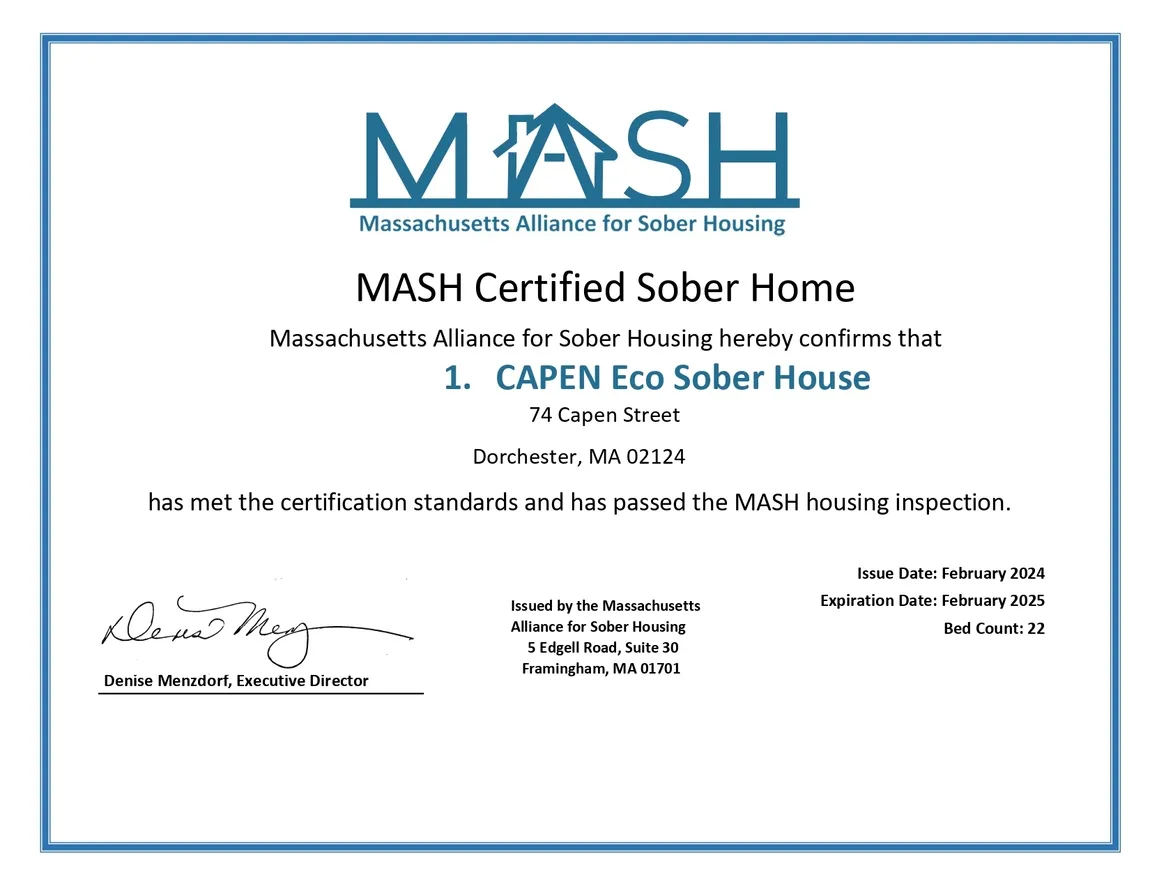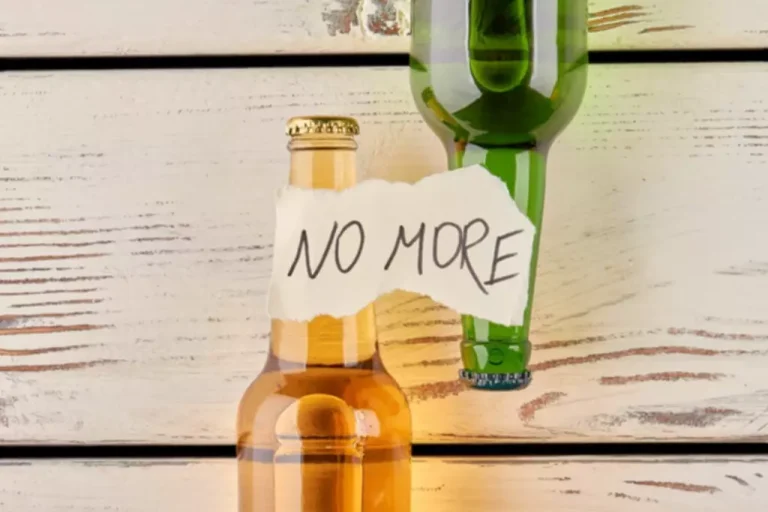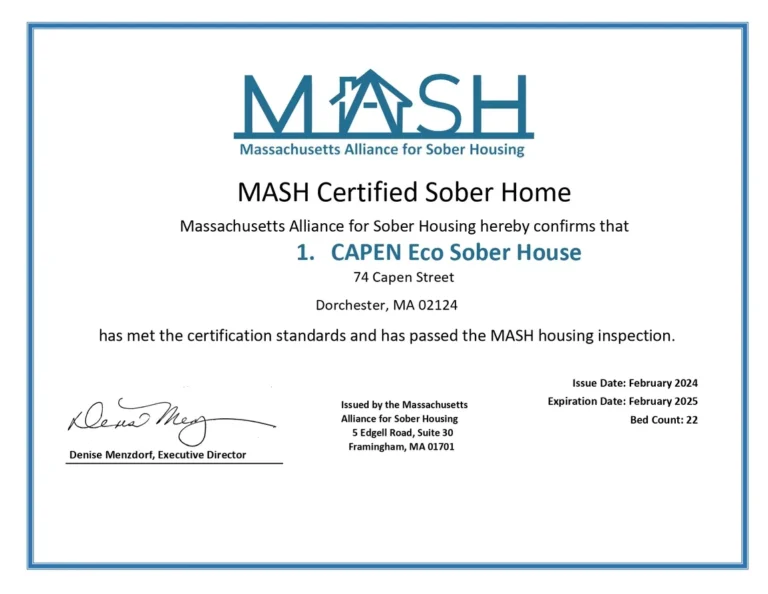
Consuming alcohol doesn’t automatically mean you have alcohol use disorder (AUD). This could be due to the increased frequency of your drinking, concern expressed from friends or family, or maybe the way you feel during or after drinking. Detoxification is done in a controlled, supervised setting in which medications relieve symptoms.
Etiology of Alcohol Dependence
- But alcohol is also classified as a depressant and can cause fatigue, restlessness, and depression.
- To overcome alcohol addiction requires a multifaceted approach involving determination, professional support, and lifestyle adjustments.
- The Diagnostic and Statistical Manual of Mental Disorders (DSM-5) outlines specific criteria for diagnosing AUD, ranging from mild to severe.
- It’s partly down to your genes,11 but is also influenced by your family’s attitudes to alcohol and the environment you grow up in.
While this does not lead to more intense highs, it builds a more intense chemical dependency. For many, beer, wine, and spirits conjure up thoughts of social gatherings and tipsy fun. But alcohol is a nervous system depressant and easily alters behavior, culminating in some cases in the emotional pain and physical disintegration of alcohol addiction, colloquially known as alcoholism. Experts continue to debate the benefits and risks of drinking and passionately argue over whether moderation or complete abstinence is the best option for those who struggle psychological dependence on alcohol with alcoholism. Various psychological theories attempt to explain the development of alcoholism.
How doctors diagnose alcohol dependence

Psychological dependencies can be extremely hard to overcome, especially if your use hasn’t negatively impacted your life yet, such as costing you money, affecting your job, or having any bearing on your relationships. If you can fully carry on with your normal life, it can be hard to admit that you have a problem. In therapy, you’ll typically explore patterns that trigger your use and work to create new patterns of thought and behavior. Simple steps, creativity, and clear, caring communication can make it easier for those you care about who have addiction to navigate holiday celebrations. Researchers in 2024 made unique and important discoveries that promise to help individuals suffering from addiction and their families. Some have criticized Alcoholics Anonymous and other 12-step programs because they are rooted in religious ideology rather than scientific principles.

Indiana Medical Detox Center

The intricacies of each criterion are explored to provide a comprehensive understanding of how they collectively contribute to a diagnosis of alcohol dependence. Environmental stressors, including trauma, socioeconomic factors, and life events, can act as triggers for alcohol dependence and contribute to its persistence. This subsection examines https://ecosoberhouse.com/ the role of stress in the initiation of alcohol use as a coping mechanism and the subsequent development of dependence.
- At this point, many users begin taking larger and larger doses in an attempt to recapture that feeling.
- The primary treatments for alcohol addiction are Medication-Assisted Treatment (MAT), behavioral therapies, residential treatment, outpatient treatment, and support groups.
- However, this condition does not generally occur with withdrawal from opioids, which are also considered to be extremely physically addicting.
- However, detoxing is often just the first step, as there can be many potential mental and psychological factors at play as well.
- Loved ones are an integral part of the addiction recovery process, but they need to balance their own needs in addition to providing support.
Lifestyle Quizzes
- Because only 3 of the 7 DSM-IV criteria for alcohol dependence are required, not all patients meet the same criteria and therefore not all have the same symptoms and problems related to drinking.
- Many people turn to alcohol to escape difficult or overwhelming emotions, such as sadness, grief, or anger.
- Simple steps, creativity, and clear, caring communication can make it easier for those you care about who have addiction to navigate holiday celebrations.
- Addiction can also influence the part of the brain that controls pleasurable feelings, which can create a reward response or psychological dependence on a substance or activity.
- Evidence-based therapies like CBT Therapy and DBT Therapy help individuals manage triggers, regulate emotions, and develop healthier coping mechanisms.
- This section explores the role of genetics in predisposing individuals to alcohol dependence, emphasizing the interplay between genetic susceptibility and environmental influences.
Imbalances in these neurotransmitter systems contribute to the development of tolerance, withdrawal symptoms, and cravings, perpetuating the cycle of alcohol dependence. A nuanced understanding of these neurochemical processes provides a foundation for pharmacological interventions aimed at restoring balance and mitigating the neurobiological underpinnings of dependence. Crucial to the understanding of alcohol-related disorders is the distinction between alcohol dependence and misuse. While both involve problematic alcohol consumption, dependence specifically reflects a physiological reliance on alcohol, often accompanied by compulsive behavior and loss of control. This distinction aids in the precise categorization and diagnosis of individuals grappling with alcohol-related issues, forming the basis for targeted interventions and treatment strategies. Early stage alcoholism might involve occasional binge drinking or using alcohol to cope with stress.

Are you covered for treatment? Find out now.
With the right support marijuana addiction and motivation, many people can stop drinking or cut down to a lower-risk level of alcohol consumption. But remember, if you’re alcohol dependent, you should get medical advice before stopping completely, so you can do it safely. Treatment for drugs and psychological dependency is best done with the help of an addiction specialist or mental health professional. We can help you through detox and the psychological work that needs to be done afterward.
- Understanding the psychological dependence on alcohol requires a multi-faceted approach, diving into the complexities of brain function, emotional responses, and cognitive perceptions surrounding alcohol consumption.
- The interplay of biological, psychological, and social elements highlights the dynamic nature of alcohol dependence, necessitating tailored interventions that address the unique needs of each individual.
- It might be surprising to hear that you don’t always have to be drinking to extreme levels to become dependent on alcohol.
- Alcohol consumption was also linked to a greater risk for stroke, coronary disease, heart failure, and fatally high blood pressure.
- It’s often combined with motivational interviewing to help you identify the impact that alcohol use has on your life and how it may be affecting your personal goals.
